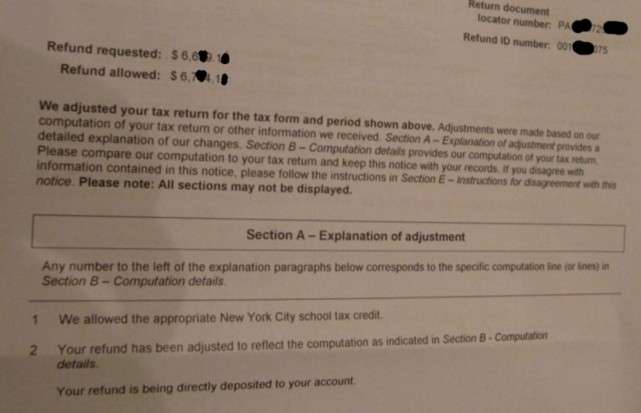I am not getting it, it still doesn't work. there is inherent value in what you are getting from a second party.
There are 'boxes' in which we are conditioned to think and Treefarmer has already presented an excellent item for another reality check:
I have never heard of the IRS collecting a value tax.
Importing the principle of your 843 Form rebuttal I read yesterday you do not seem capable of seeing over the edge of the teacup and think that is the scope of the horizon here. All you need to do is figure that the Income Tax is a fee on the use of the Fed's private credit. Then you might understand much better how redeeming lawful money by demand (by making your demand) removes the suitor into the still extant currency realm of US notes and coins.
Regards,
David Merrill.
P.S. Your myopia is supported by the facts:
Originally posted by JohnnyCash
View Post





Comment